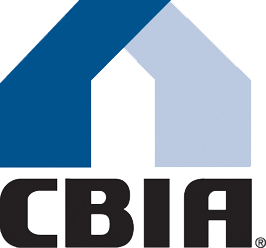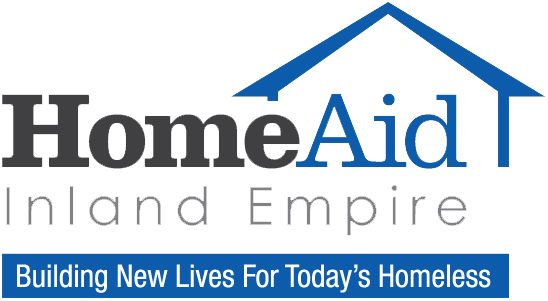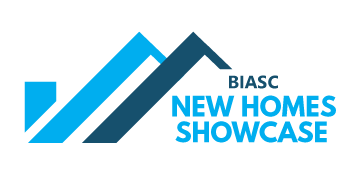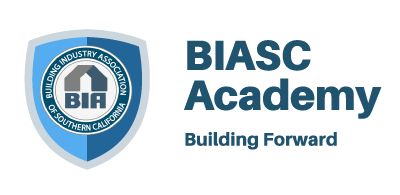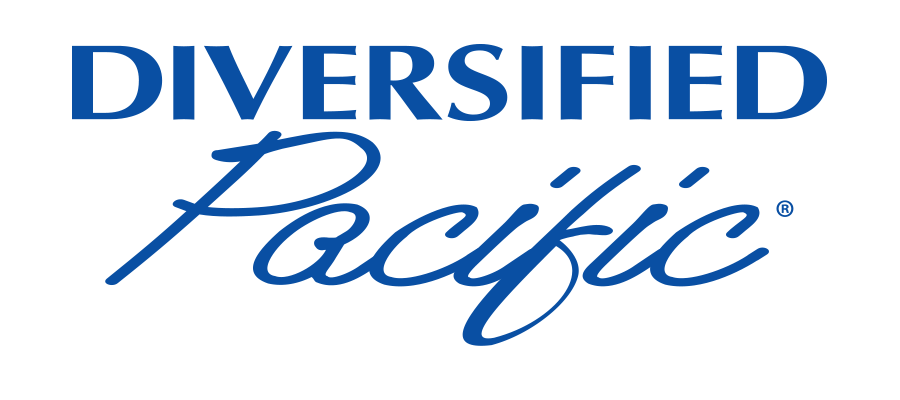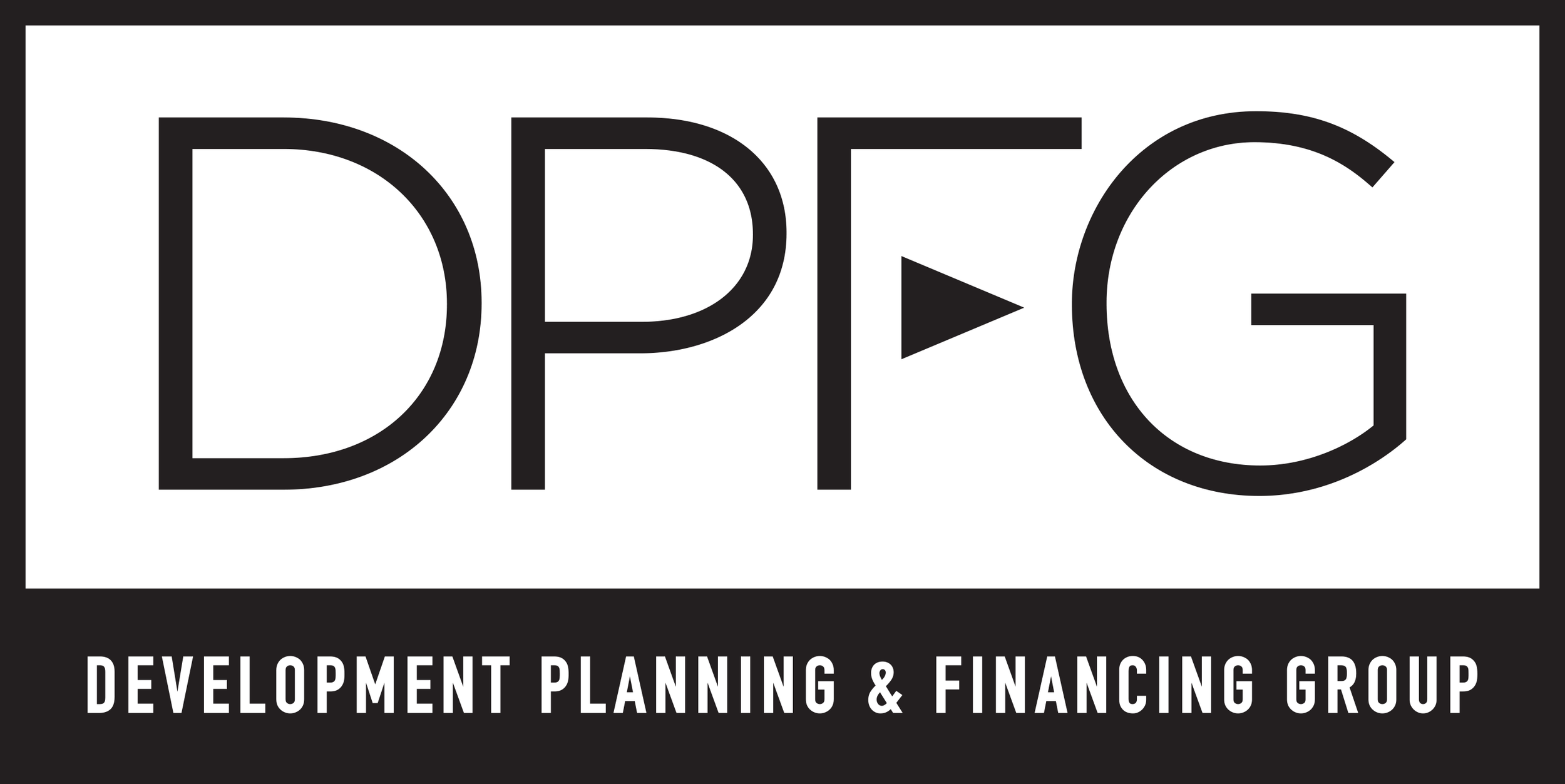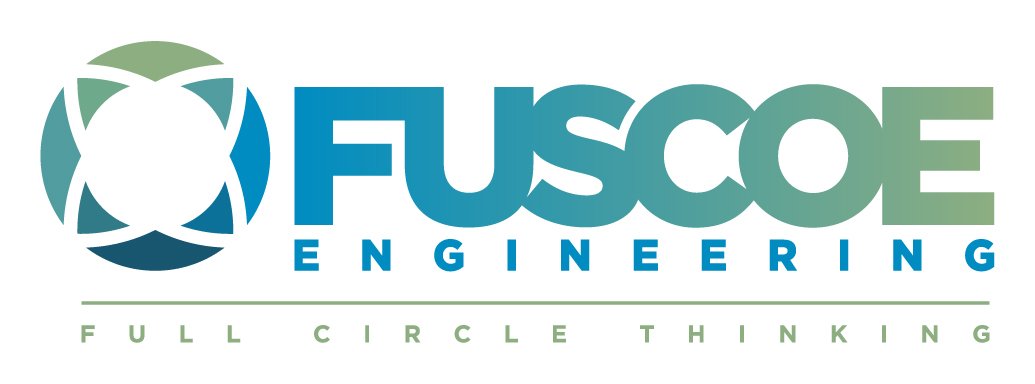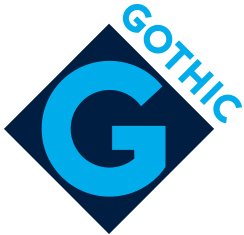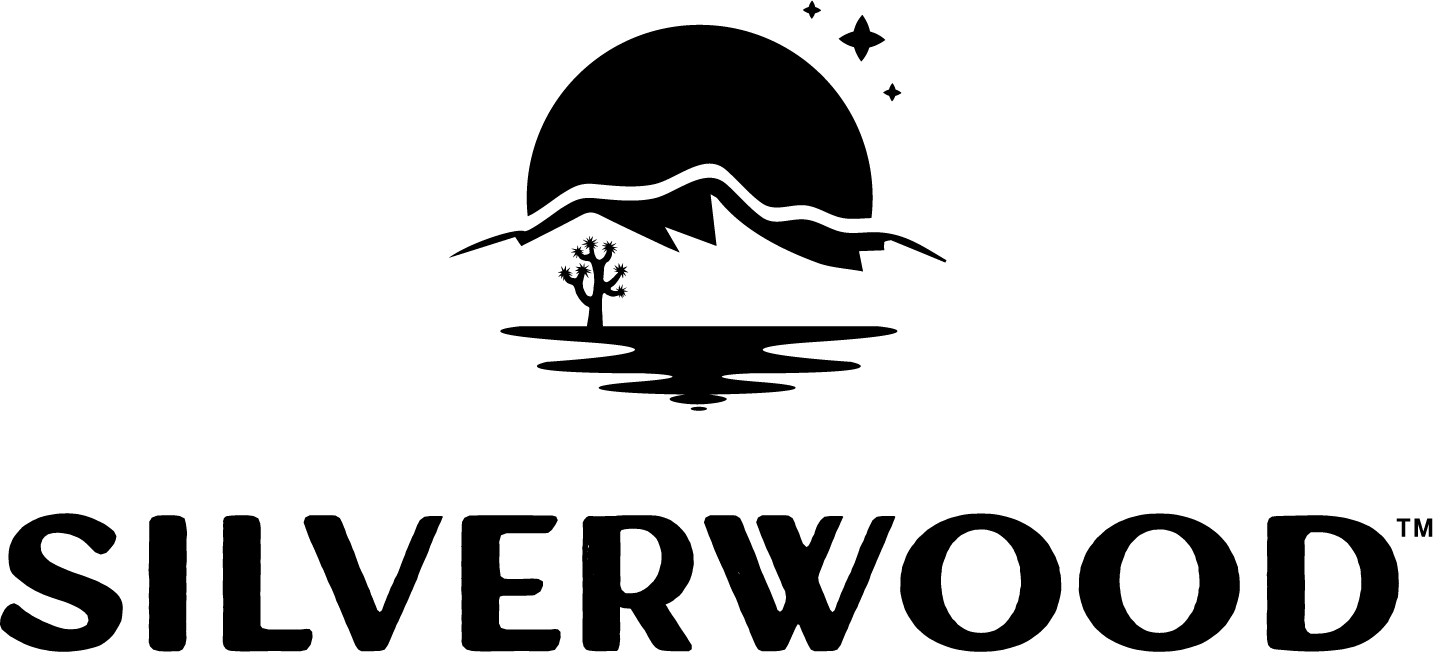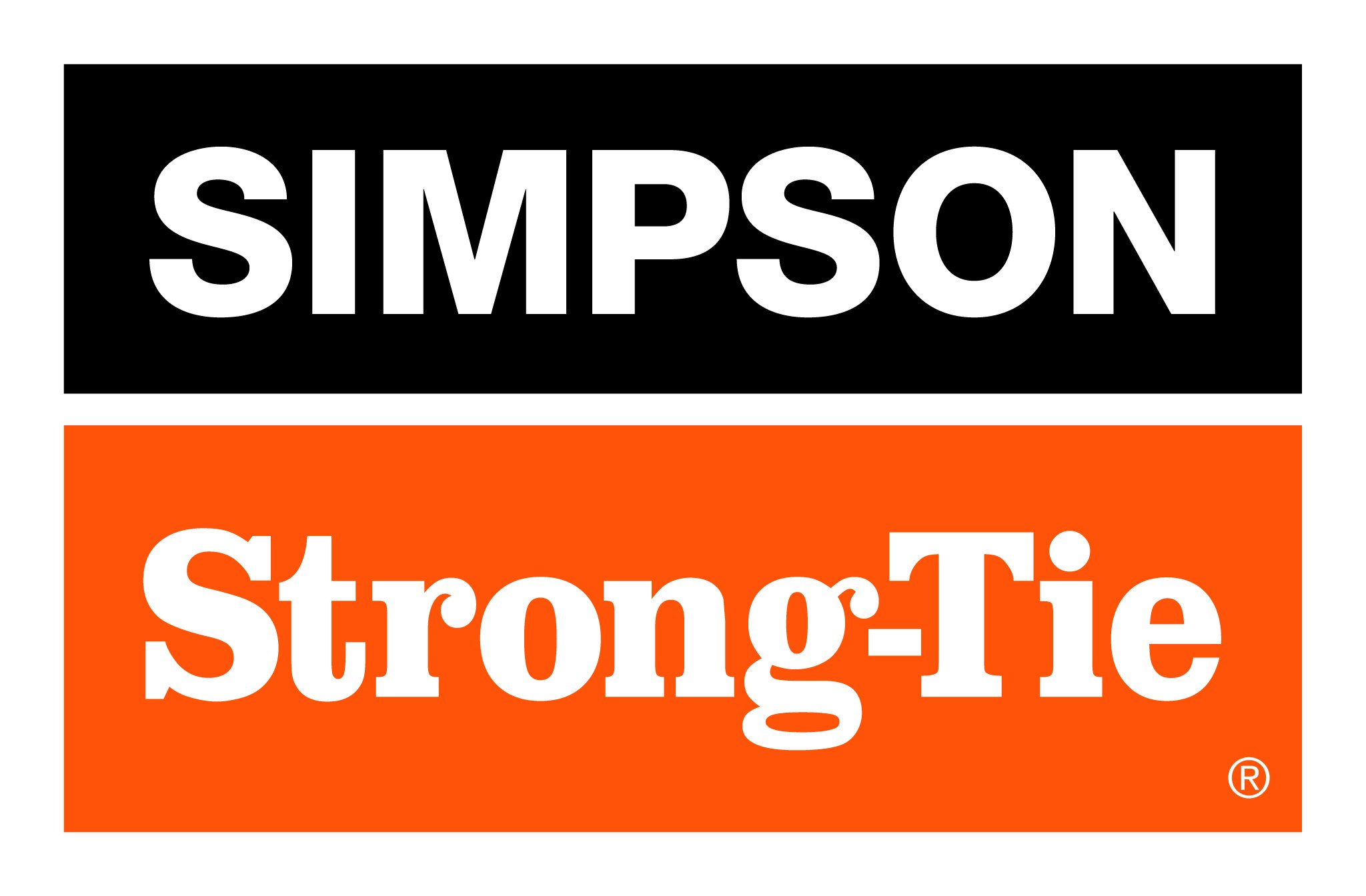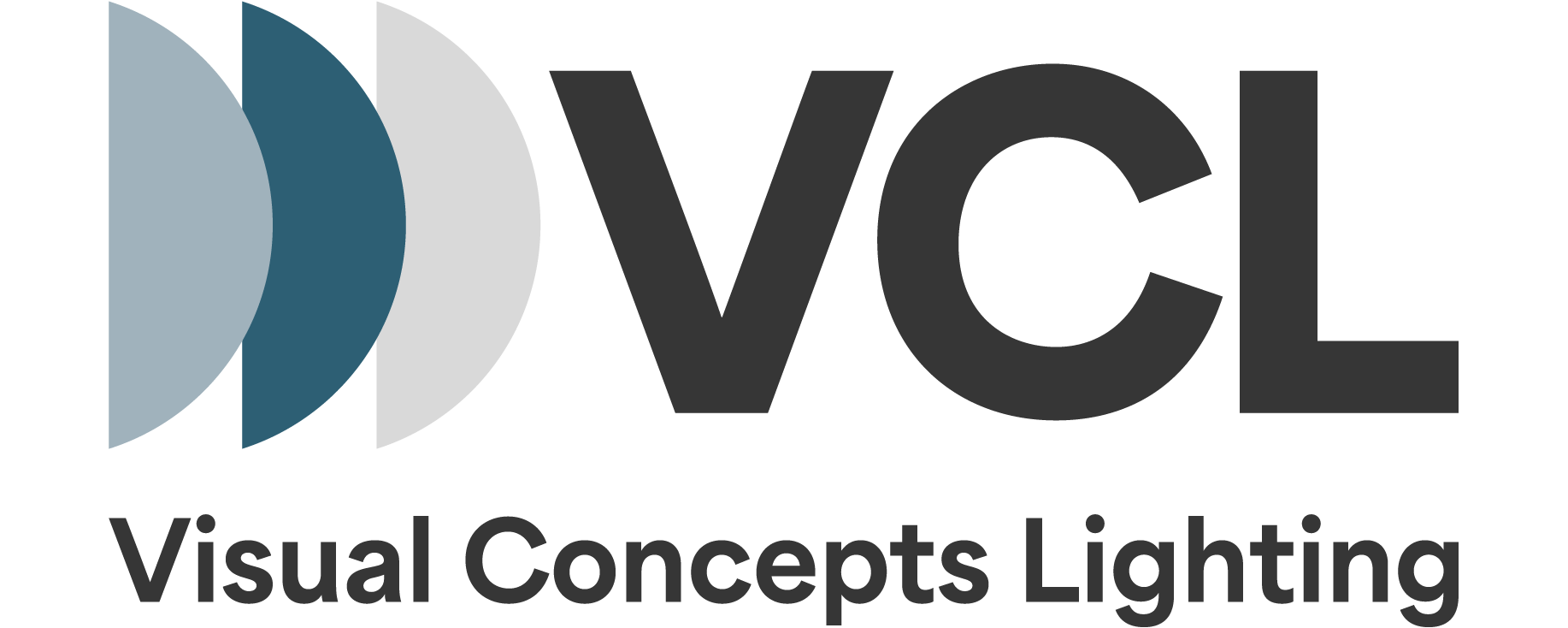By Ali Sahabi of Optimum Group, LLC
President, Building Industry Association (BIA) Baldy View Chapter
Starting a downpayment fund is one of the first and most important steps you can take to become a homeowner – and the upcoming holiday season provides a terrific opportunity for homebuyers to get started by requesting gifts of cash in lieu of conventional gifts.
Your downpayment is the key to determining exactly how much house you can afford. Here is an example courtesy the National Association of Home Builders (NAHB): if a buyer has a yearly income of $40,000, the maximum monthly mortgage payment (about 28 percent of gross income) would be about $933. For this example, assume the buyer’s total monthly debt is no more than about a third of his or her income. If the monthly payment of $933 has an interest rate of 7.5 percent on a 30-year fixed-rate mortgage (FRM), that $933 will cover a total principal of $133,435.45. With a 10-percent downpayment, that mortgage would cover a house worth $148,262. With a 20-percent downpayment, the price would be $166,794. So, a larger downpayment can result in your being able to afford a more expensive home or reduce your monthly mortgage payment.
The first step in starting your downpayment fund is to identify all of the potential sources available to you such as your savings and additional savings you can make by reducing expenses or delaying other expensive cash purchases such as new cars or vacations. Then, when you have a better idea of how much additional cash you will need, inform family members and friends that you'll be home shopping and gifts of cash will be a great alternative to conventional holiday gifts. When you have commitments for those gifts, simply ask the donors to sign a gift letter indicating that both parties consider the donation a gift. Remember, a larger downpayment will reduce the principal you owe on a mortgage and that will, in turn, reduce your interest rate.
Depending on the price of the home and the type of loan you will use, most lenders will generally require a downpayment of somewhere between five to 20 percent of the home’s value. If you can put down more than your lender requires, say 25 percent to 40 percent, you may be able to have your lender overlook credit blemishes, lower your mortgage payment or help you afford a more expensive house.
If you are a first time homebuyer, remember you will have to factor in common additional expenses that are part of the homebuying process, such as home inspection fees to enable you to negotiate any repairs with the seller in the event that there are any structural or mechanical issues that have to be addressed.
You will have to budget for appraisal fees which cover the costs of ensuring the value of the property and are generally an upfront fee charged to the borrower by the lender.
Escrow accounts are mandatory for buyers who have a downpayment of less than 20 percent and other types of loans including FHA loans. These ensure that the buyer pays his or her insurance premiums and property taxes. Even after you’ve made the downpayment, you will need an additional two to five percent of the home purchase price to cover settlement or “closing” costs.
Once you've calculated what your downpayment will be, your next step will be to ensure that you can have your downpayment ready at least 60 days before you apply for a mortgage loan. Then, make time to attend a first-time home buying seminar or talk to a credit counselor who does not work for a lender so you can research your options without being influenced by someone who has a financial interest in the home or loan you choose. One of the best resources for this is the U.S. Department of Housing and Urban Development (HUD)’s www.HUD.gov website which offers free housing counseling and seminars.
Shop around for special mortgages and first-time homebuyer programs online. Check with your bank to see if you can use equity in your 401(k) retirement plan. Also, check out opportunities from the United States Veterans Administration (VA) at www.va.gov for more information.
For more information on homebuying, remodeling or just enjoying your home, visit our www.biabuild.com website and have a great autumn.



